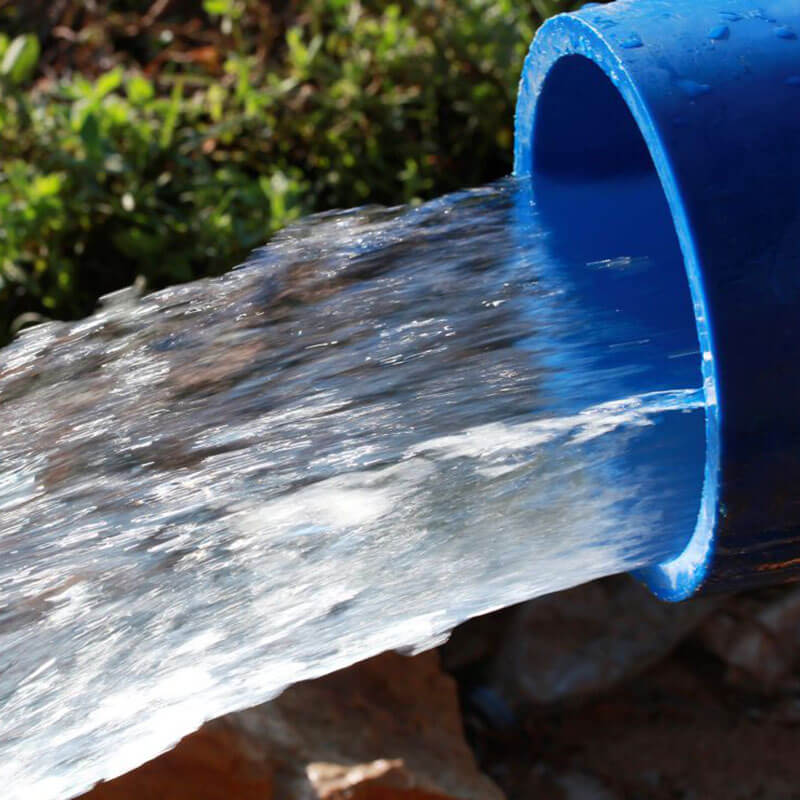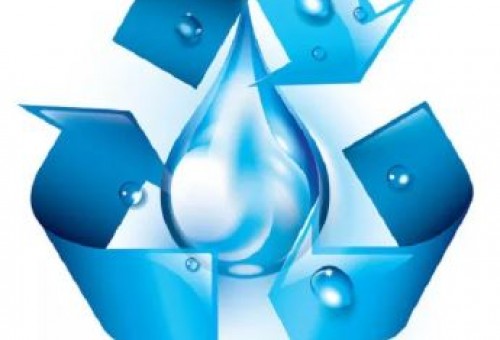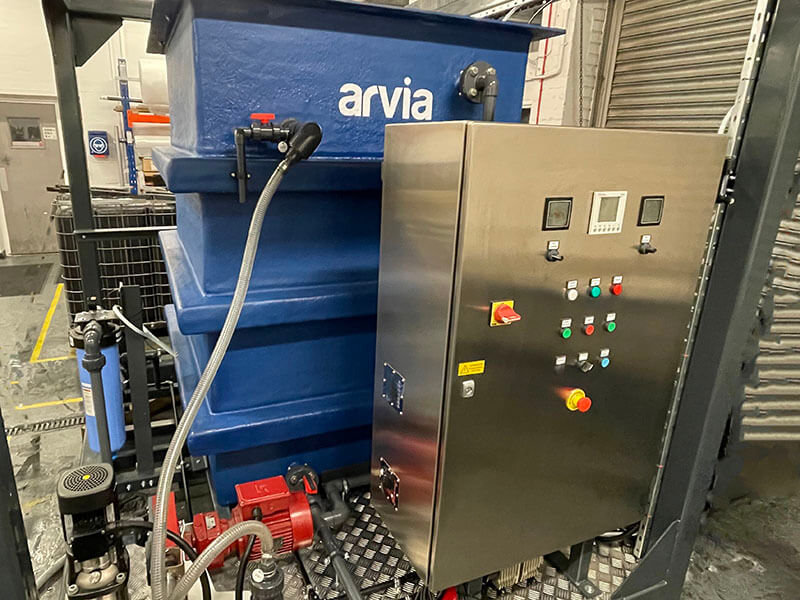Arvia’s water treatment systems are based around our revolutionary Nyex™ media.
In a Nyex Rosalox™ system, pollutants are adsorbed onto the Nyex™. An electrical charge creates OH radicals which oxidise the pollutants, turning them into water and gas. At the same time, the charge actually regenerates the Nyex™ meaning unlike GAC filtration, no replenishment of media is required.
The systems offer numerous advantages to many industries where water is an intrinsic part of the production process and will need to be discharged in a suitable state to meet or better local obligations.
Essentially it uses the most effective parts of two existing processes: adsorption and oxidation … but with few of the disadvantages.
No chemical dosing is required, meaning no COSHH issues with potentially dangerous chemicals; additionally, Arvia’s systems contain no moving parts meaning less maintenance and downtime. Finally the systems don’t create a toxic sludge and only require a 1 – 3 % top up of media every year.
For more info on our next-generation water treatment systems, please take a look at our product pages.


